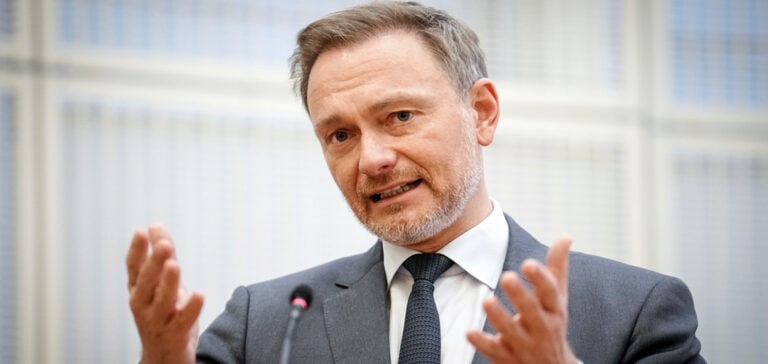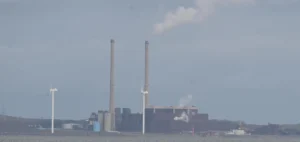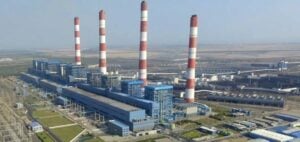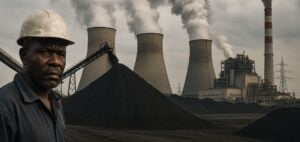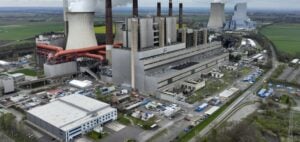German Finance Minister Christian Lindner has expressed reservations about the government’s goal of closing Germany’s coal-fired power plants by 2030. He pointed out that this target seemed unrealistic, given the industry’s need for affordable energy.
“Until it’s clear that energy is available and affordable, we should put an end to dreams of phasing out coal-fired electricity in 2030,” said the leader of the liberal party (FDP) in an interview with the Cologne daily Kölner Stadt-Anzeiger.
Divisions within the German Government
In the coalition agreement between the three parties in government since the end of 2021, it was originally planned to phase out coal in 2038. However, the target has been brought forward to 2030 “ideally”. Lindner argued that this date did not serve the climate, as the CO2 emissions saved in Germany could be generated elsewhere, for example in Poland, due to European rules.
It should be noted that Germany drew criticism last year for temporarily reactivating coal-fired power plants due to the risk of gas shortages linked to the interruption of Russian supplies, against the backdrop of the war in Ukraine.
The Challenges of Energy Policy
Lindner’s statements reflect the divisions within the government team led by Social Democrat Chancellor Olaf Scholz, who governs with the Greens and Liberals. Measures to support German industry, faced with high energy prices, have sparked disagreements with Economy Minister Robert Habeck, an ecologist. Habeck has been arguing for months for a cap on electricity prices for energy-intensive industries, a measure rejected by Lindner because of its budgetary implications.
Lindner also remained opposed to Habeck’s idea of increasing public debt to support the industrial sector. He points out that debt is limited in Germany by the constitutional rule of the “debt brake”, which prohibits the state from borrowing more than 0.35% of its GDP each year. However, he is open to offsetting electricity taxes for energy-hungry companies. The German economy, heavily dependent on industry, is forecasting a recession in 2023.
Ultimately, German Finance Minister Christian Lindner’s reservations about the goal of closing coal-fired power plants by 2030 highlight the challenges and disagreements within the German government when it comes to energy and industrial policy. The decisions to come will have a major impact on Germany’s energy and economic future, and will require ongoing attention.

